| Based on the principles of “Taking from the society and make it applicable to the society,” Megaforce is active in fulfilling its social responsibility and engaged on social welfare activities in a hope to bring warmth to every corner of the society. |
|
Blood Donation Megaforce invites Taipei Blood-donation Center to hold blood-donation activities in Tucheng District, inducing many enthusiastic employees to donate their blood. They naturally roll up their sleeves to donate blood, taking practical actions to make feedbacks to the society. |
|
Welfare Running Megaforce supported and participated the V-Man running activity held by the Garden of Hope Foundation which, advocating a non-violence society, held the “Against violence, I'm V-MEN” activity where male runners wore woman's high-heeled shoes to experience the female's situation and male participants called out loud for males to act more attentively to women and providing them with more protection. |
|
Caring Education Observing the big gap between cities and rural areas in aspect of educational resources, Megaforce participated the caring and education programs for the rural areas to realize rural people's demand in person and provide them with the help they really need. Company's employee took actions and moved forward to the rural area to help the disadvantageous pupils, providing subsidies for their lunch and dormitory maintenance, making feedbacks to the society through practical actions and making good models to help students keep positive attitude. |
|
Charity Donation Megaforce regularly makes cash donation to the Buddhist Compassion Relief Tzu Chi Foundation, joins the Garden of Hope Foundation in running the exchange-donation activities, and makes other donation to the society from time to time. |
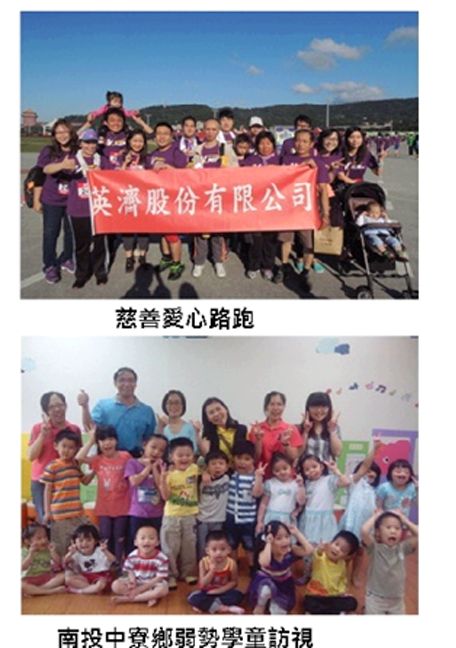 |
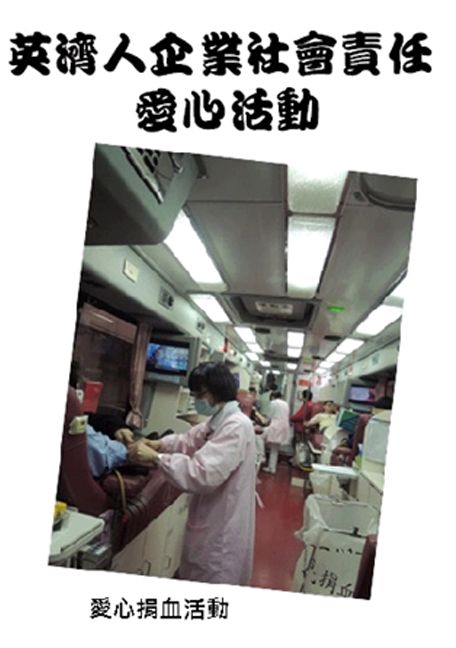 |
|
Industry-academia Cooperation In support of internship for students and the dual-track training project, Megaforce provides internship to students, arranging various types of training courses tailored to fit the various periods of internship, from only three months to four years, providing students with opportunities for practice, reducing the gap between school's training and skill demand at work. It makes an efficient way to cultivate the talents really needed by enterprises. |
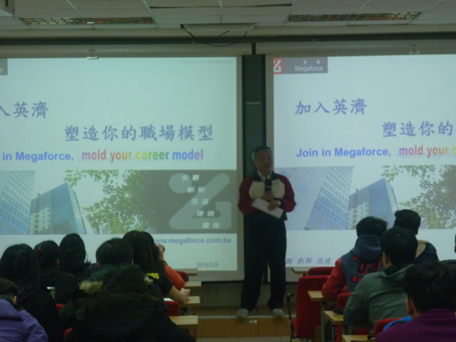 |
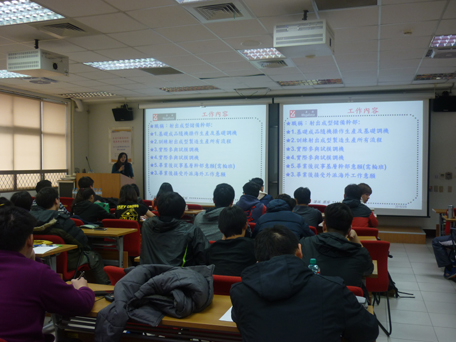 |
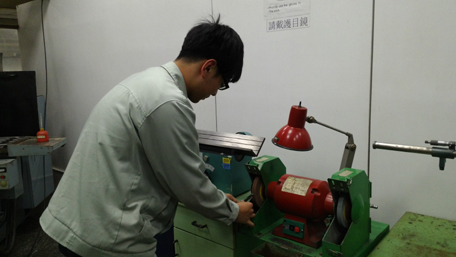 |
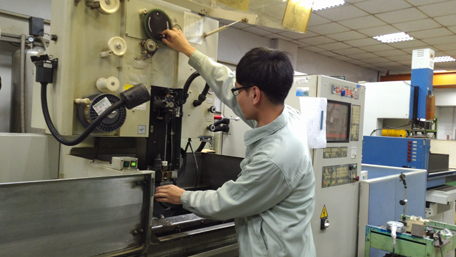 |
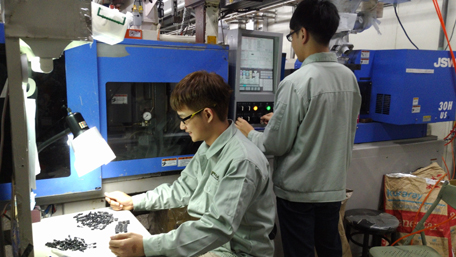 |
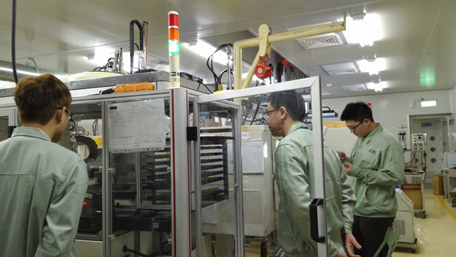 |



